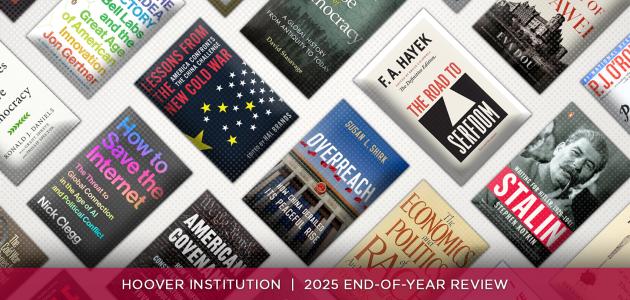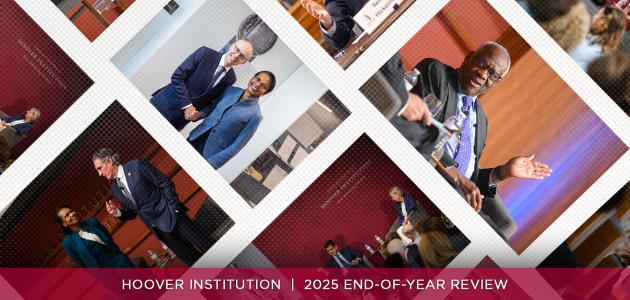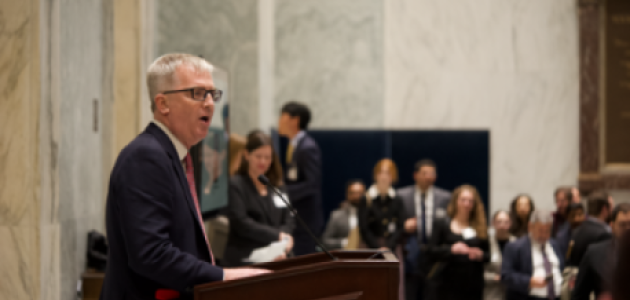A weekly digest of the latest news and research related to the work of the Technology, Economics, and Governance Working Group. Topics covered in the digest include cybersecurity, domestic regulation, innovation, international competition, social media disinformation, and the California exodus.
This week’s roundup includes an argument about why defining the AI race with China as a zero-sum contest could be dangerous, the details on a scary new type of cyberthreat, and new data on the desire of Bay Area residents and tech companies to leave the state.
Industrial Policy, International Competition and Cooperation
A Chinese vision of free trade | The Economist
China’s recent request to join the Comprehensive and Progressive Agreement for Trans-Pacific Partnership (CPTPP) has been met with heavy international skepticism. Many experts doubt China’s prospects for admittance and question the authenticity of its commitment, particularly in the wake of America’s absence. However, the reasoning behind Beijing’s shifting internal attitudes toward free trade may lie at the intersection of economic reformism and nationalism. Chinese reformists argue that the best road to development is global engagement — influencing trade norms through active participation — while nationalists maintain that joining the CPTPP will increase international respect for Beijing’s trade system and ultimately enhance Chinese stability.
Maybe losing the AI race to China isn’t such a bad idea | Vox
Vox’s Adam Clark Estes argues against the validity of Cold War comparisons, asserting that AI competition between the U.S. and China should not be legitimized by the same existential, ‘winner-take-all’ assumptions that drove the space race. Framing the ‘AI race’ as a zero-sum contest, he says, dangerously prioritizes advancing existing technological capabilities over developing the regulatory frameworks needed to ensure safety and equality in an AI-dominated future.
Domestic Regulation
Americans Need a Bill of Rights for an AI-Powered World | Wired
The director of the White House Office of Science and Technology Policy argued in a Wired opinion piece last Friday that the American government must codify AI regulations to guard the country’s foundational values of equality and freedom. As privacy concerns and the risks of implementing biased AI in critical roles have become more apparent, so has the impetus to protect the American people against the harms of data-driven tech, he contends.
Big tech sweeps up Hill staffers — just when Congress needs them the most | Politico
Many top Democratic policy experts have recently left Capitol Hill for higher-paying lobbying positions in the private sector, dealing a significant blow to Congress’ capacity to regulate big tech. The exodus comes in the midst of some of the most significant technology dealings in recent congressional memory. Few individuals have the specialized knowledge necessary to fill these vacancies, and it appears unlikely that Congress will manage to create the necessary incentives to sway the hiring balance back in its favor.
Innovation
Much ‘Artificial Intelligence’ Is Still People Behind a Screen | Bloomberg
The recent cultural fixation on artificial intelligence has created massive funding incentives, leading a concerning number of startups and large firms to greatly oversell the role of AI in their systems. Many “AI companies” heavily rely on networks of human overseers responsible for completing tasks when AI fails to perform. In the most egregious cases, no artificial intelligence exists and firms exploit the “AI” label for increased funding and attention.
Cyber
The next big cyberthreat isn't ransomware. It's killware. And it's just as bad as it sounds. | USA Today
While the majority of prominent cyberattacks on critical infrastructure have involved ransomware, officials say that criminals will soon exploit these same vulnerabilities in far more nefarious ways. Several ‘killware attacks’ — cyberattacks intended to inflict death — have already been attempted against water treatment plants and hospitals. One security firm predicted that the costs of killware attacks will exceed $50 billion within a few years.
Hackers of SolarWinds stole data on U.S. sanctions policy, intelligence probes | Reuters
Investigators told Reuters last week that the Russian group responsible for the 2020 SolarWinds hack sought information related to ongoing counterintelligence operations against Russia. Officials say that hackers breached nine federal agencies and searched for procedures related to sanctions policy and American methods for catching Russian hackers.
California
As Big Tech Grows in the Pandemic, Seattle Grows With It | The New York Times
The Seattle area experienced a massive real estate boom during the pandemic, surpassing the Bay Area to become the nation’s top market for large office spaces leased by tech companies. Seattle’s abundance of developable land, university campuses, and favorable tax policies have encouraged tech giants and start-ups alike to invest in the region.
Why a majority of Silicon Valley residents want to move | MarketWatch
According to a recent poll conducted by Joint Venture Silicon Valley, 56% of Bay Area residents are considering leaving the region. Participants cited high costs of living, homelessness, and the pandemic as primary factors. However, polling results do not always translate to action. In 2020, the population of the Bay Area did not decline, even though 47% of respondents reported in a similar poll that they were considering moving.
Freedom of Speech, Domestic Democracy, and Extremism
Revealed: Facebook’s Secret Blacklist of “Dangerous Individuals and Organizations” | The Intercept
The Intercept published a leaked copy of Facebook’s “Dangerous Individuals and Organizations” (DIO) list on Tuesday after the company had long refused to release it to the public. All entities on the DIO list are banned from the platform, but Facebook employs a tier system to determine the extent to which other users are allowed to express their support for each DIO. However, many experts have criticized this method, arguing that Facebook’s enforcement of violations is inconsistent and disproportionately directed against non-white actors.














